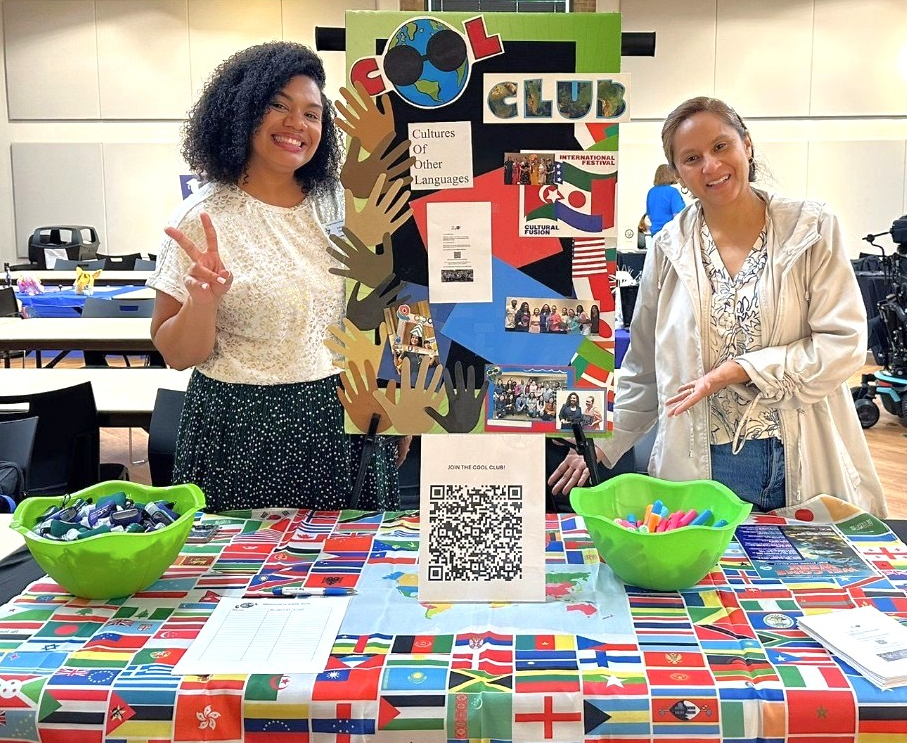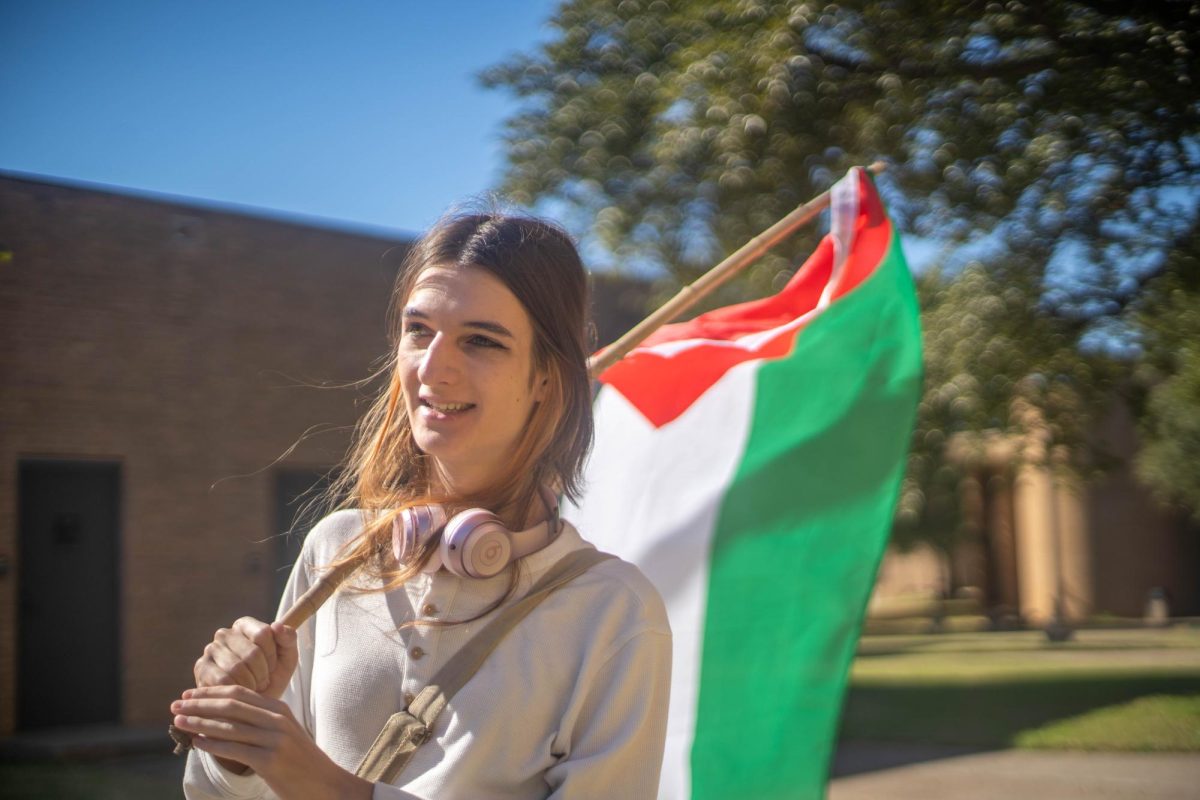NE student Taliyah West is the president and one of the founding members of the Behavioral Science Club on Campus. She shared how she became interested in sociology and the struggles she faced on the way in an interview with The Collegian.
Q: What is the purpose of the Behavioral Science Club?
A: I think that psychology and sociology are incredibly important, especially now in our current society. I think that learning these topics helps people be better people really and better move around in life and tackle certain obstacles.
It helps us understand why other people may think the way that they do. … I think underneath all that, it really just teaches how to understand one another, which is obviously incredibly important to make connections, to want to educate and to help people be closer. Kind of the purpose of a club is to meet other like-minded individuals.
On top of it being educational, I also wanted it to be something where anybody can come in and meet people and get a chance to explore out of their comfort zone.
Q: When did sociology become a passion for you?
A: Since I was a kid, I was very interested in politics, and politics and sociology kind of go hand in hand. But I was always more on the artsy side. I kind of steered away from that passion, because I didn’t think that I was educated enough for it.
I also thought that my personality, it’s very big. It can sometimes come off as brash. I just didn’t think that I would be that accepted in that field. But when I started taking art [at TCC], I started realizing how this just isn’t what I wanted to do. It was boring, to be frank. Studying art was boring. But I took a sociology class, because I told my adviser that I was really into sociology and politics. They said that they had a sociology class here.
So, when I took it with Cheryl North, and I loved it. … It’s kind of just like a light bulb went in my head, and I was doing this and, being able to be in this field and actually help people and do something that isn’t just the regular cubicle 9-to-5.
Q: Why did you initially think you were not educated enough for sociology?
A: I was a very smart kid, [but] I was definitely a kid that people most saw is a little bit off.
I was very distant. I didn’t really know how to make friends.
I also grew up in a predominantly white, Hispanic school. I was probably one of the maybe three black kids in the entire grade. I didn’t see a lot of people that acted like me or looked like me. … I wasn’t supported by most teachers. I wasn’t really supported by family.
My family didn’t really support my idea of really taking advantage of the resources at school. My mom never signed me up for clubs. … It wasn’t really that I thought I was stupid. It was just that I just didn’t have that support system that would push me to where I needed to be.
Q: Would you say that your parents would be proud of you today?
A: I don’t really think about that, to be honest. I think when I think about success, the idea of what my family thinks of me, or my friends think of me, it’s not really in the picture.
My idea of success is incredibly personal. I’m always kind of thinking, “Where do I need to be to know that I’ve done enough?” Or to know that the work that I’ve put in or the struggling that I’ve endured was worth it, because success looks different for everybody.
And so, for my family, neither of my parents went to college, I was very distant from my mom. So, my mom wasn’t really involved in school.
My dad, however, he didn’t even graduate high school. … He’s always been very supportive, but since he hasn’t lived it, he kind of think is kind of just like a walk in the park. When he celebrates it, it’s more so that he’s just celebrating me, but not because he understands the work that’s put into it.
Q: Who do you want impact in your career?
A: People that need more support. People who are similar to me, who feel like they don’t have backup plans, or don’t have any shoulders to lean on.
I want people to know that even though America kind of pushes that idea, like you need to figure out on your own and if you’re struggling, it’s just because you’re not working hard enough. I don’t believe that’s true. I think everybody needs a person, even if it’s just a couple of people on their side. Nobody needs to have a whole village. But I think even just that one person could really make a difference.
And I want people to know that it’s never too late to pursue what you want to do or live the life that you want to live. … I want to be that person that gives them that push that I didn’t get.
Q: Who inspired you to fulfill your dreams?
A: I can’t say that I have a particular inspiration. I have some teachers that I think definitely shaped me to be the way that I am.
I got along really well with my English teachers, and they kind of knew the person that I was and where I came from. So, they were a little bit more empathetic with me.
Sometimes I would not always be all there in class, but they kind of helped remind me, like, “Hey, you’re not a lost cause. I do see something in you, and I think that once you see it too, you’ll be able to do great things.”
So, I’m very grateful for those English teachers, and at one point I did want to be a teacher, because they were just so kind to me, and it really showed me that it’s not all bad. There [are] good people out there, and I want to be one of those good people.
Even here at TCC, the professors here are really sweet and kind and understanding, and they’re not just doing it just because it’s what they chose when they were 20 years old, and now they’re kind of just stuck with it.
They do it because they’re very passionate about it, and that’s something that I admire or something that I crave. I want to live a life with passion.
Q: Would you say that you are the person to inspire others?
A: I hope that I can. Even if my story specifically or the things that I go through isn’t particularly relatable to other people, I hope that I could at least kind of give them that encouragement to live their life and encourage them to do whatever it is that they want to do. I don’t think that I’m that person right now, but that’s the person that I’m aiming to be.

















